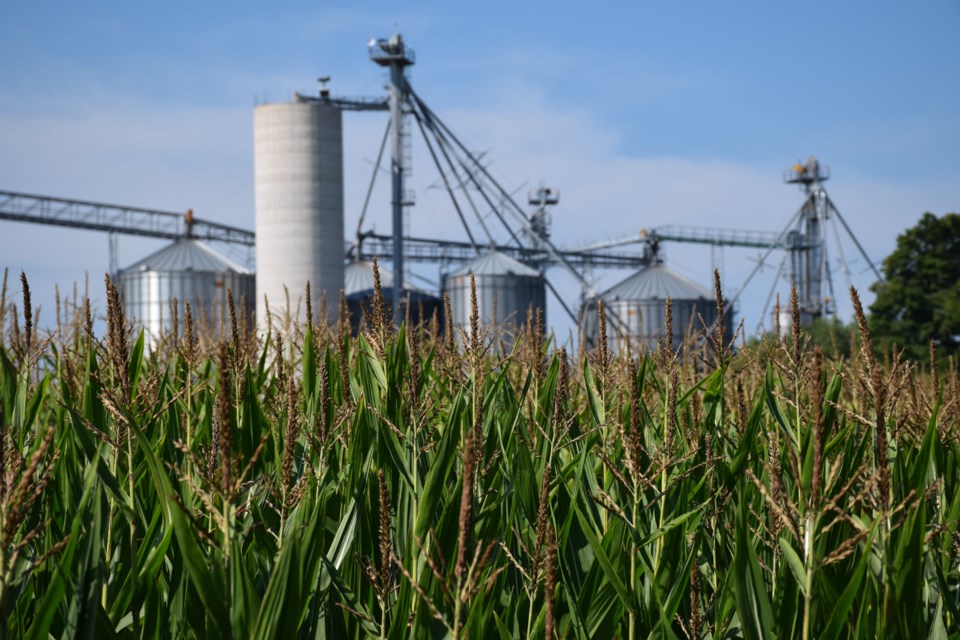PALMERSTON – Learning about agriculture is normally a hands-on experience, but a Palmerston high school teacher said the students have made the best of virtual learning.
Norwell District Secondary School offers the Local Environmental Agriculture and Food (LEAF) program, a two-credit program that combines environmental science with nutrition and foods class.
“It’s aim is to connect with farmers and explore basically all topics of food and agriculture,” said teacher Paul Frayne. “Not just farmers, we talked to business people, nutritionists, anyone related to the food and ag industry.”
This program would normally feature trips to farms, greenhouse growing and cooking local food in the school kitchen.
Of course, things have changed in the program’s third year of running. The class couldn’t do trips this fall and would do conference calls with farmers and others instead.
This has now shifted to video calls with remote learning.
Frayne said students brainstorm questions ahead of time to interview the guest speaker.
“I found it really engaging and meaningful,” Frayne said. “Some of the farmers are just really impressed with the quality of questions and the thought that went into them.”
LEAF student Mandy de Vries said in an email she was a bit disappointed the class couldn’t go out to the farms but is thankful there is a way around this.
“We have still been able to meet with farmers all around our region virtually, including my own family farm,” de Vries said.
“Sure, it’s not quite the same but we are making the best out of the situation and are still learning so much.”
In Frayne’s view, connecting education with agriculture is a great partnership because farmers are all about learning.
“I don’t know if there’s another industry where that continuous learning is just so much a part of what they do on a daily basis,” Frayne said. “They’re always willing to help and support young people in the next generation to come into agriculture because they have such passion about it.”
Frayne said it’s unfortunate that this year’s students – who he noted are a particularly hard working group – are missing out on some experiences like the farm show in Woodstock or cooking a big community meal where they would present their research posters.
However, the students have not been demoralized with the necessary COVID adjustments.
“They never complained and they know it’s not anyone’s fault,” Frayne said. “In spite of all this and the shutdown, I’ve really enjoyed working with these students and that’s just the quality of the individuals that I have in the class.”
For de Vries, the LEAF program has shown the opportunity existing in the agriculture industry.
“The number of jobs within the agriculture business that will need filling in the next few years is outstanding, and I have begun to realize how many possibilities there are for young people,” de Vries said.
“I have also caught myself becoming more invested in looking into where food in our grocery store comes from and how local it really is.”
Frayne said selling agriculture as a great option for a career is ultimately the goal as there are a lot of local jobs in the field.
He explained there are also multiple paths to get into the industry whether that’s through a trade, college, university or going right into the workforce.
“I have all those students in my classroom, it’s a real mix, and there’s opportunities for all of them,”
“You could have a good job, a worthwhile career, you could stay in rural Wellington County,” Frayne said. “You could live close to where you are now and work in agriculture.”



